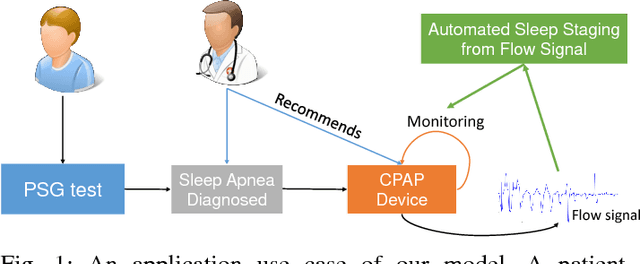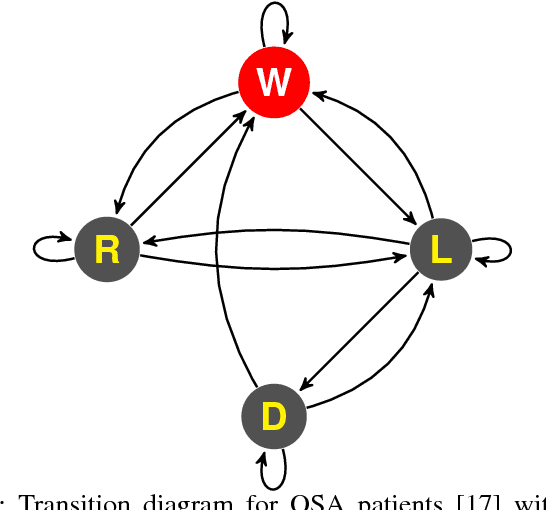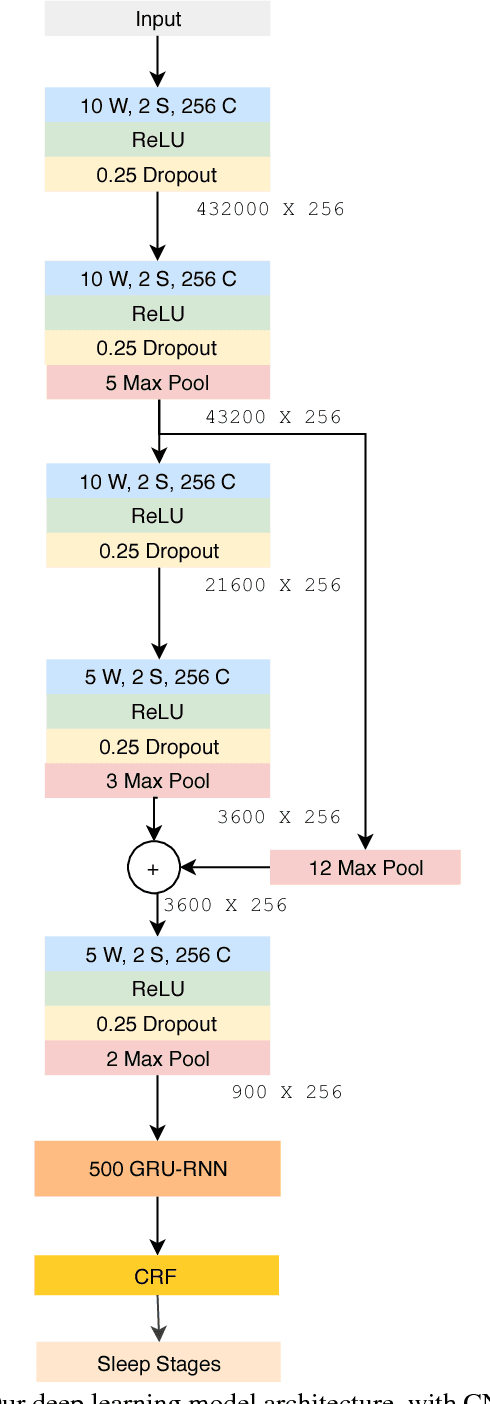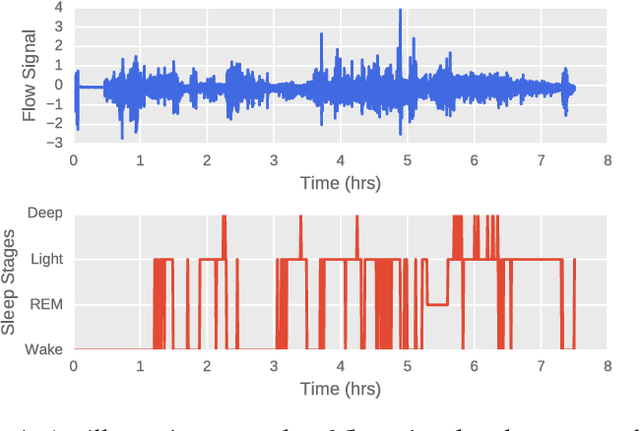Louis Kazaglis
PARIS: Personalized Activity Recommendation for Improving Sleep Quality
Oct 26, 2021



Abstract:The quality of sleep has a deep impact on people's physical and mental health. People with insufficient sleep are more likely to report physical and mental distress, activity limitation, anxiety, and pain. Moreover, in the past few years, there has been an explosion of applications and devices for activity monitoring and health tracking. Signals collected from these wearable devices can be used to study and improve sleep quality. In this paper, we utilize the relationship between physical activity and sleep quality to find ways of assisting people improve their sleep using machine learning techniques. People usually have several behavior modes that their bio-functions can be divided into. Performing time series clustering on activity data, we find cluster centers that would correlate to the most evident behavior modes for a specific subject. Activity recipes are then generated for good sleep quality for each behavior mode within each cluster. These activity recipes are supplied to an activity recommendation engine for suggesting a mix of relaxed to intense activities to subjects during their daily routines. The recommendations are further personalized based on the subjects' lifestyle constraints, i.e. their age, gender, body mass index (BMI), resting heart rate, etc, with the objective of the recommendation being the improvement of that night's quality of sleep. This would in turn serve a longer-term health objective, like lowering heart rate, improving the overall quality of sleep, etc.
A Structured Learning Approach with Neural Conditional Random Fields for Sleep Staging
Oct 28, 2018



Abstract:Sleep plays a vital role in human health, both mental and physical. Sleep disorders like sleep apnea are increasing in prevalence, with the rapid increase in factors like obesity. Sleep apnea is most commonly treated with Continuous Positive Air Pressure (CPAP) therapy. Presently, however, there is no mechanism to monitor a patient's progress with CPAP. Accurate detection of sleep stages from CPAP flow signal is crucial for such a mechanism. We propose, for the first time, an automated sleep staging model based only on the flow signal. Deep neural networks have recently shown high accuracy on sleep staging by eliminating handcrafted features. However, these methods focus exclusively on extracting informative features from the input signal, without paying much attention to the dynamics of sleep stages in the output sequence. We propose an end-to-end framework that uses a combination of deep convolution and recurrent neural networks to extract high-level features from raw flow signal with a structured output layer based on a conditional random field to model the temporal transition structure of the sleep stages. We improve upon the previous methods by 10% using our model, that can be augmented to the previous sleep staging deep learning methods. We also show that our method can be used to accurately track sleep metrics like sleep efficiency calculated from sleep stages that can be deployed for monitoring the response of CPAP therapy on sleep apnea patients. Apart from the technical contributions, we expect this study to motivate new research questions in sleep science.
 Add to Chrome
Add to Chrome Add to Firefox
Add to Firefox Add to Edge
Add to Edge